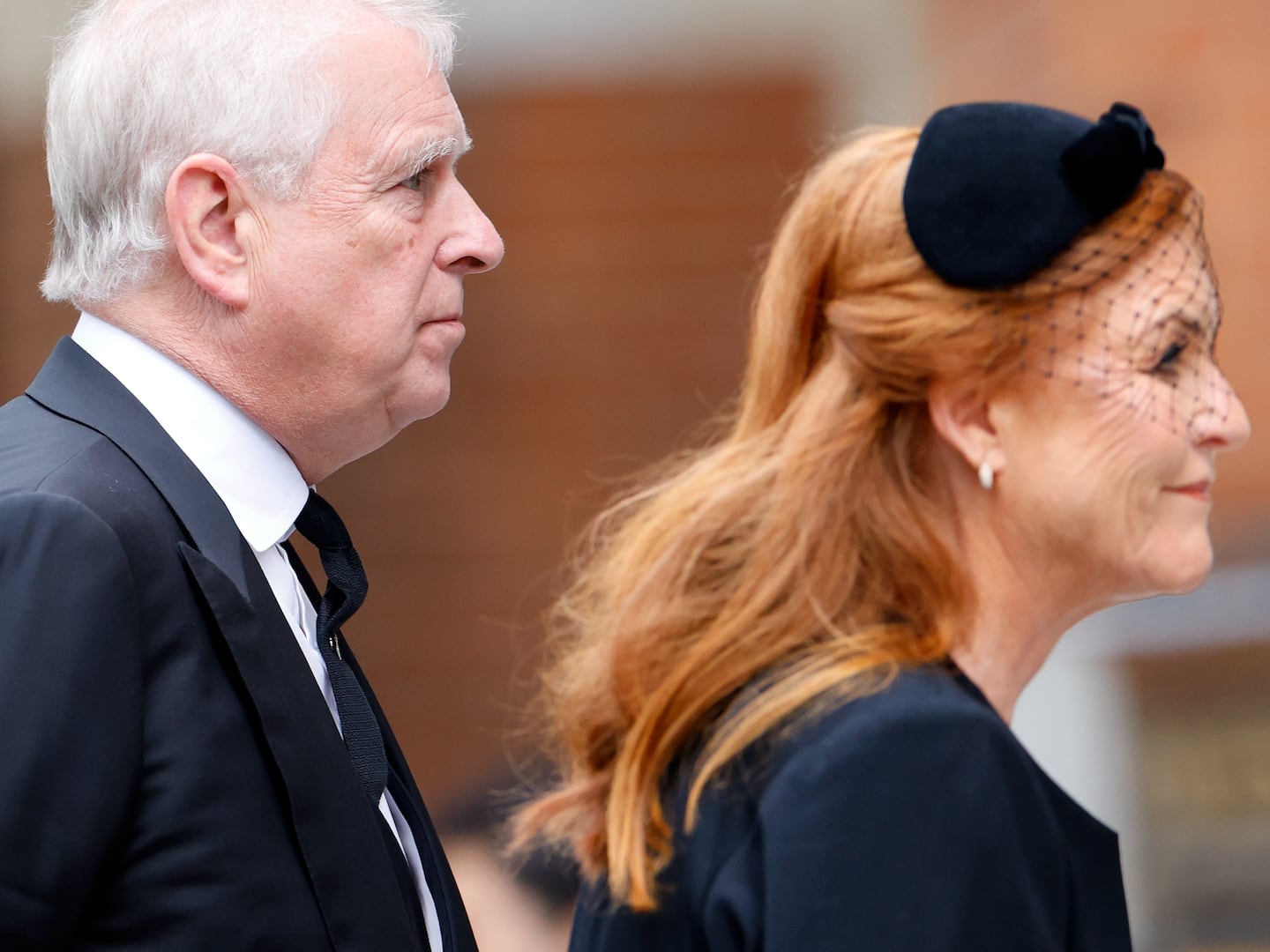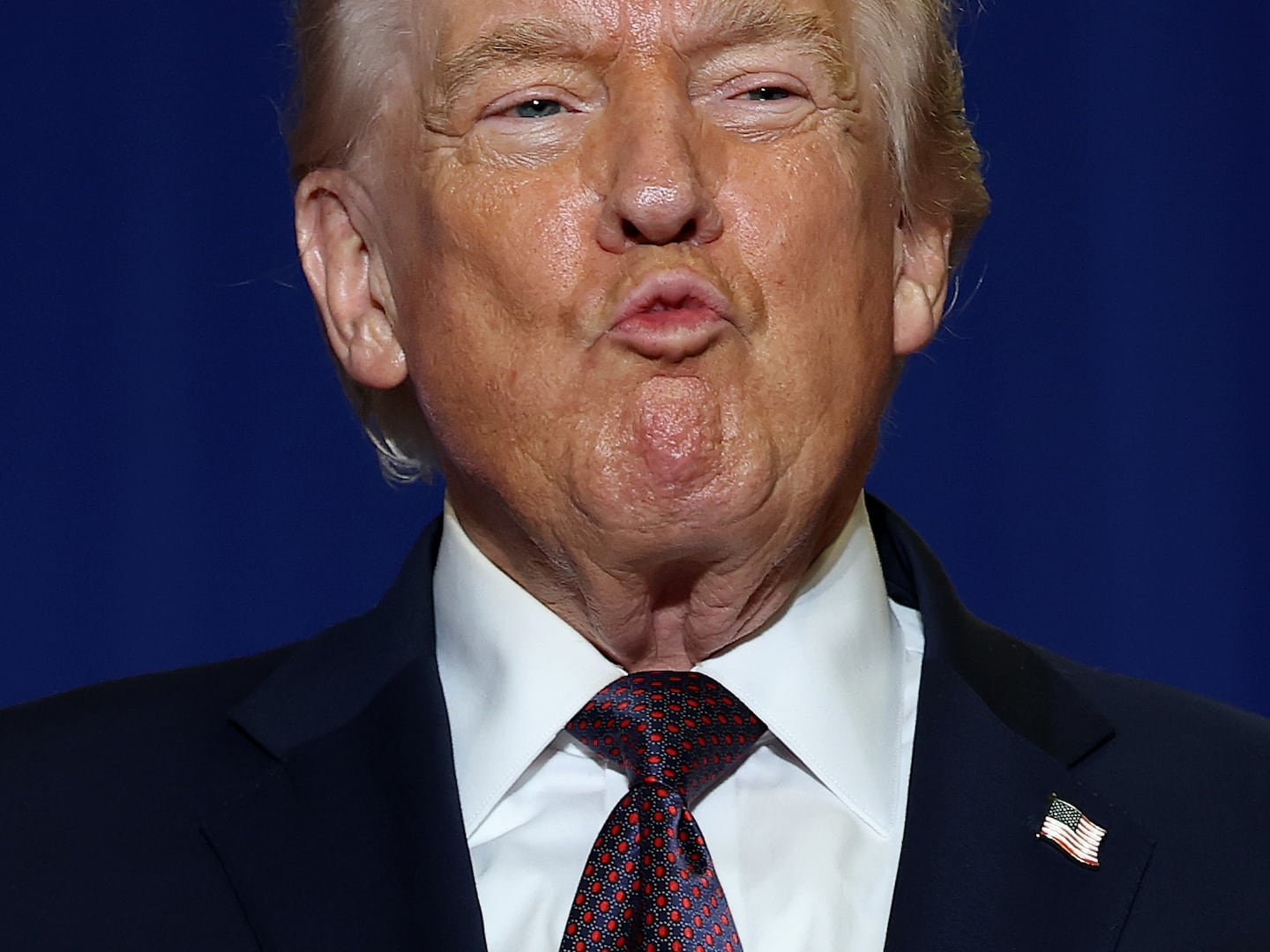Tim Pawlenty’s path to the Republican nomination seems to depend on being everyone’s second choice. But the record will show that he was the first major 2012 candidate to announce a presidential exploratory committee, with a slick and soaring video posted on Facebook Monday.
Pawlenty’s work is cut out for him—he’s been making the Republican rounds for more than a year and hasn’t yet been able to break into the top-tier candidate consideration set. But the elephant in the room of the 2012 GOP field is that it is both unsettled and unimpressive. Two of the best-known candidates—Huckabee and Palin—are far from assured of actually making a run, while the presumptive front-runner, Mitt Romney, has negatives that are baked in his cake. Pawlenty is an earnest, fresh-faced alternative—safely conservative and thoroughly unobjectionable, at least on the surface.
But the two-term Minnesota governor is wrestling with a charisma deficit and a record that has only begun to get a major-league vetting. Going into his announcement, Pawlenty placed sixth in the CPAC straw-poll with only 4 percent and after he secured the prime-speaking slot at this year’s Phoenix Tea Party convention, he came in second in their straw-poll to a previously anonymous CEO of Godfather Pizza, Herman Cain. To make matters worse, polls show him losing his home state to President Obama by eight points. His homies don’t like the T-Paw that much—he only won his re-election by 1 percent.
Announcement videos are agonized over internally, so a bit of close-reading can be revealing. And this two-minute extravaganza is expresses exactly how Pawlenty would like to be seen. In a clever move, he’s entwined his character narrative with his number one issue of the election: jobs. And in the process of talking about how he grew up in a rust-belt recession and helped turn it around as governor, he subtly distinguishes himself from Mitt Romney, the blue-blood in the race. It’s the son of a governor against the son of a milkman—and guess who’s going to seem more relate-able when the smoke clears? The other theme that runs through it is pure “Morning-in-America”-era Reagan—the Gipper even makes a cameo ahead of that squish Lincoln. Pawlenty’s charisma deficit is amply compensated by an escalating applause track. And this might be the first (pre)-presidential campaign ad to feature the candidate playing hockey since Bob Kerrey’s “defense” ad at the outset of the 1992 campaign. The script is pure Tea Party, dedicated to “The brave men and women throughout this country’s history who asked nothing more than for the freedom to work hard and get ahead without the government getting in the way. For the last eight years, that’s just what I did here in Minnesota. We proved that we can restore limited government…”
Tim Pawlenty pursued the same economic policies as Obama and Bush II—a very serious reliance on borrowing to the point that Moody’s reduced the state’s credit rating,” former Republican Minnesota Governor Arne Carlson told me.
Cue the sound of the needle scratching the record—because some of Pawlenty’s prominent fellow Minnesotans’ have a far less scripted assessment of his accomplishments as governor.
“Tim Pawlenty pursued the same economic policies as Obama and Bush II—a very serious reliance on borrowing to the point that Moody’s reduced the state’s credit rating,” former Republican Minnesota Governor Arne Carlson told me.
“I’ve known Pawlenty for 30 years—he was fairly characterized as a moderate at that time, but he shifted,” said 2010’s independent candidate for Minnesota governor, Tom Horner. “He certainly doesn’t have the kind of personality that immediately attracts people, but as people get to know him they’ll warm up to him as a person of intelligence and sincerity. [But] if the election is a matter of who has a vision of the future, it’s a much tougher sell—after all, here’s a person who left his successor a $6 billion short-fall.”
It’s hard to tell which is the worst insult for a GOP primary crowd—that Pawlenty isn’t as hard-core conservative as his current pitch or that he borrowed-and-spent by like Obama and Bush, leaving his (Democratic) successor a $6 billion deficit.
He’s already taking heat for flip-flopping on cap-and-trade—an inconvenient truth pointed out by the indispensible Politifact, which debuted its Pawlenty page with a uniform negative score. He’s overcompensated with social conservative pandering an odd and impractical promise to re-instate Don’t Ask, Don’t Tell if elected.
Nonetheless, next to his fellow Minnesotan potential presidential candidate Michele Bachmann, Pawlenty looks like a towering statesman with a proven ability to achieve crossover votes. "I think you'd find plenty of people here in Minnesota who'd say, 'I voted for Pawlenty in '06 and Obama in '08,’” affirmed Minneapolis' WCCO radio host Chad Hartman. "Can you imagine anyone saying, 'I voted for Obama in '08 and Bachmann in 2010'? I don't think so."
Yes, Tim Pawlenty’s got plenty of obstacles in his path to the Republican nomination, but I’ll end on a positive note. Talking with students at Iowa State last month, a sampling of both college Republicans and Democrats found him a relatable, nice-guy—in contrast with the rest of the prospective GOP pack. That’s not enough to win a caucus or to qualify as a mini-stampede, but it’s a small, good thing in a crowded field of flawed candidates. Being everyone’s safe second choice isn’t a towering ambition, but it just might be enough to be the last man standing come Super Tuesday, now less than one year away.
John Avlon's new book Wingnuts: How the Lunatic Fringe Is Hijacking America is available now by Beast Books both on the Web and in paperback. He is also the author of Independent Nation: How Centrists Can Change American Politics and a CNN contributor. Previously, he served as chief speechwriter for New York City Mayor Rudy Giuliani and was a columnist and associate editor for The New York Sun.






